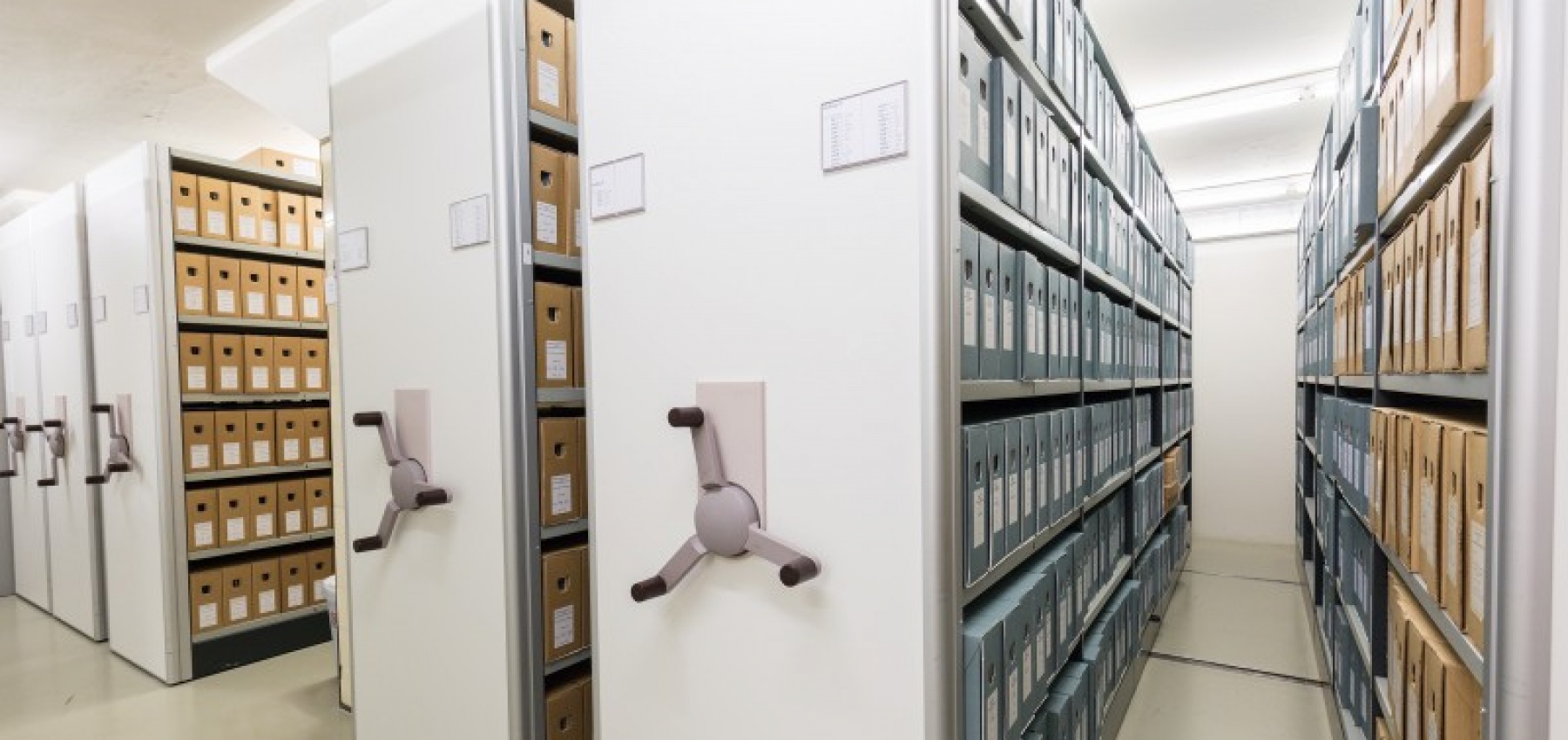This article by Henk Schulte Nordholt was published in The Jakarta Post (August 7, 2018).
On August 1 the Ikatan Keluarga Alumni Lemhannas convened a seminar in Jakarta on the legitimacy of a Dutch research project on the Indonesian Independence War 1945-1950. In a statement the conveners write that they are afraid that the Dutch government supports this research project in order to cover up Dutch war crimes during the Indonesian war of independence and that it seems that cooperation with Indonesian historians from Universitas Gadjah Mada is used to legitimize this effort. This would be a serious misrepresentation of the research project and would also harm the integrity of our Indonesian colleagues in an unjustified manner.
In 2016 the Dutch government decided to finance an extensive and independent research on Dutch military violence during the Indonesian war of independence (1945-1950) and asked three Dutch research institutions - KITLV, NIOD and NIMH - to design a research proposal. The proposal submitted by the three institutes was subsequently honoured. Before that decision was made Dutch Prime Minister Mark Rutte had consulted Indonesian President Widodo who stated that he had no objection to such a research.
The Dutch government has stated explicitly that the three institutes will carry out the research independently, with no involvement whatsoever from the government. The KITLV and NIOD are institutes that are part of the Royal Netherlands Academy of Arts and Sciences. The NIMH is part of the Ministry of Defence, but is an independent institute that carries out historical research and publishes its findings in accordance with the applicable scientific standards. This independence means that NIMH's publications are not covered by ministerial responsibility. An independent international Scientific Advisory Board has been convened, which will assess the scientific quality of the research proposals and the results during the programme.
Recent research by historians Rémy Limpach and Gert Oostindie demonstrates that Dutch military personnel used extreme violence on a wide scale during the decolonization war. At the same time, there are still many unanswered questions about the nature, scope and causes of this violence. It is also possible that new cases will be uncovered. In addition, it is important that the operation of the military courts, the intelligence services and also the so-called Bersiap period are investigated systematically because this has never been done before. We expect to gain fresh insights by using international sources and testimonies, and by working together with Indonesian researchers, too. Including on the question of why so much time has passed without an investigation into the explosions of violence.
The KITLV has taken leadership of the Bersiap and the Regional Studies projects. The Bersiap was a short but intense period of violence at the start of the war of independence. Therefore it is an integral part of the research programme. The Bersiap is also important in the Dutch context, in view of the high demand for clarity about this period in the Dutch East Indian community. Furthermore, the Bersiap is a complex period that is still the subject of many ambiguities and myths. The research will place this period in the wider context of the power vacuum and the violence carried out in the first phase of the Indonesian revolution and in the context of political developments which had already taken place before the Japanese occupation in colonial society.
The regional studies project involves a scientific cooperation between historians in the Netherlands and Indonesia and has a regional focus. The department of History at Universitas Gadjah Mada in Yogyakarta plays a central role here. UGM has formed an Indonesian research group, comprising scientists from various Indonesian universities and from various regions. This research group will cooperate with Dutch researchers. The Indonesian researchers will develop their own independent research agenda. They will publish independently and will also contribute to collections of articles, along with their Dutch colleagues.
The outcomes of the research are primarily intended for Dutch society, but also for a scientific community and a wider interested audience. The added value of the cooperation between Dutch and Indonesian historians is that sources and perspectives can be compared and a dialogue initiated about the period from 1945 to 1950. After all the Indonesian war of independence was also part of Dutch history and we see it as our responsibility to investigate Dutch military violence inflicted upon Indonesian during that period. Intensive mutual consultations between Indonesian and Dutch and Indonesian historians are crucial in order to develop a deeper mutual understanding of this period. Exchanging and comparing sources (such as archives, publications and testimonies) is expected to produce new empirical material. This is essential for a balanced analysis of the complex decolonization period.
